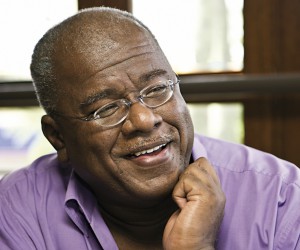He highlighted the situation in schools in the Eastern Cape and Limpopo. “In these provinces the situation is very bad. None of us expected this; we all expected good governance, daily teaching, strong leadership and a liberated curriculum. That was the language we spoke. Today, we have an absolute mess.” South Africa has battled with a debilitating skills gap, which has forced us to import skilled workers.
“We had to engineer the growth of skills at UFS [University of the Free State]. We were a typical disadvantaged university in many respects. We had to make the call to increase the entrance requirements and create second-chance opportunities.
“But it is going to hurt us when the talent pool becomes too thin. I think we’re heading toward a massive crisis, especially with young black boys. They are dropping out by 500 000 in a cycle between Grade 1 and 12. Where do you think they’ve gone? Did they simply disappear? No, they are still here, but in gangs and in prisons – in situations of hopelessness. That is the single most important threat,” warns Jansen.
“I don’t know of a student who has had good marks and applied for funding, but did not get it. These students come to see me every day. The private sector funding for bursaries and scholarships in this country is on a good level. I can list a number of companies
“The money is there – the problem is that it’s probably not enough. This is true for any country: no country can say it has enough money for tertiary education.
In 2011, the UFS was the focus of bad publicity with the racist Reitz Four initiation video debacle. It is clear that much has changed since then.
“Hundreds of people, strangers and famous people (such as Archbishop Emeritus Desmond Tutu and Oprah Winfrey to mention but a few), pass through the university and they all leave the campus with the same comment. They say it’s such a happy campus,” notes Jansen.






